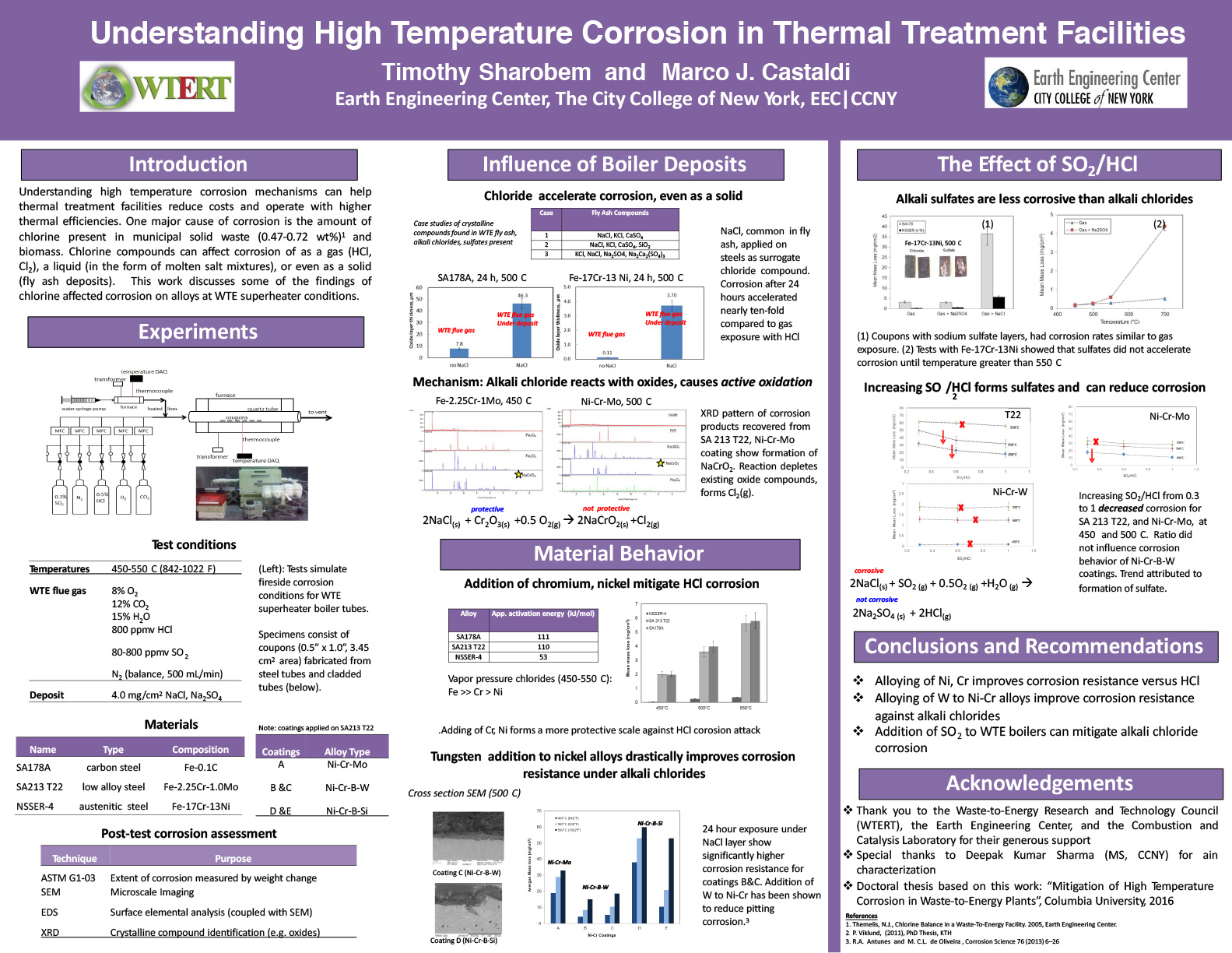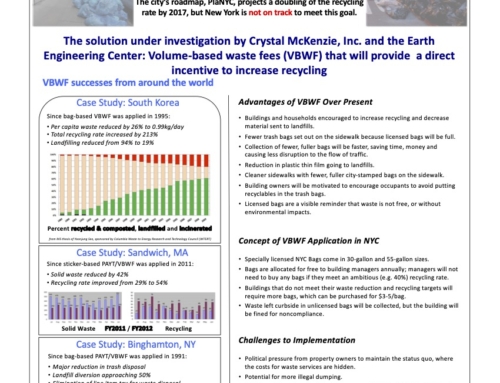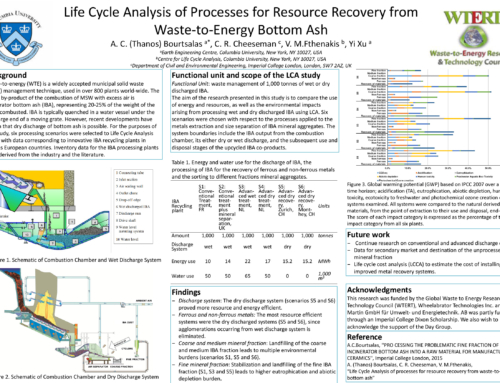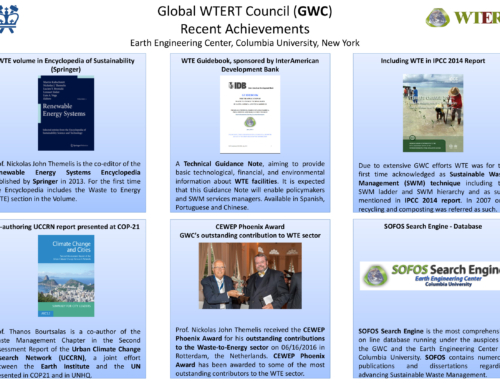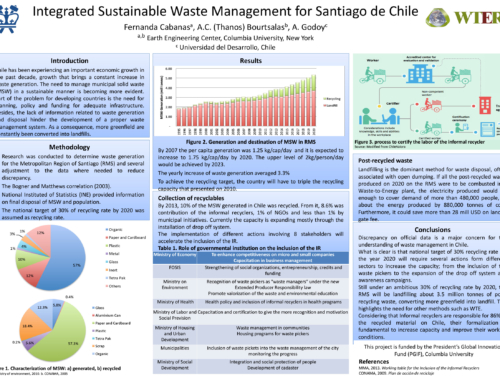Project Description
Understanding High Temperature Corrosion in Thermal Treatment Facilities
Timothy Sharobem, Marco J. Castaldi
Understanding high temperature corrosion mechanisms can help thermal treatment facilities reduce costs and operate with higher thermal efficiencies. One major cause of corrosion is the amount of chlorine present in municipal solid waste (0.47-0.72 wt%)1 and biomass. Chlorine compounds can affect corrosion of as a gas (HCl, Cl2), a liquid (in the form of molten salt mixtures), or even as a solid (fly ash deposits). This work discusses some of the findings of chlorine affected corrosion on alloys at WTE superheater conditions.

